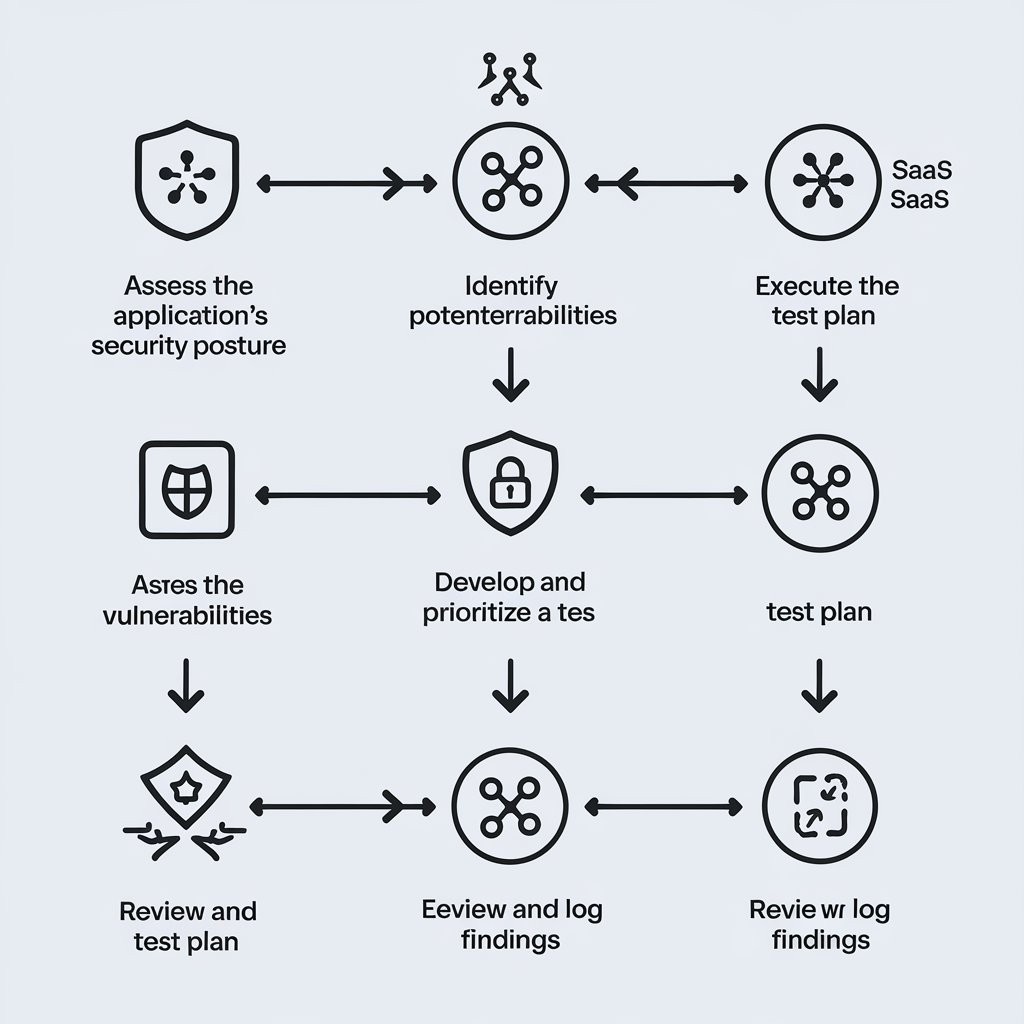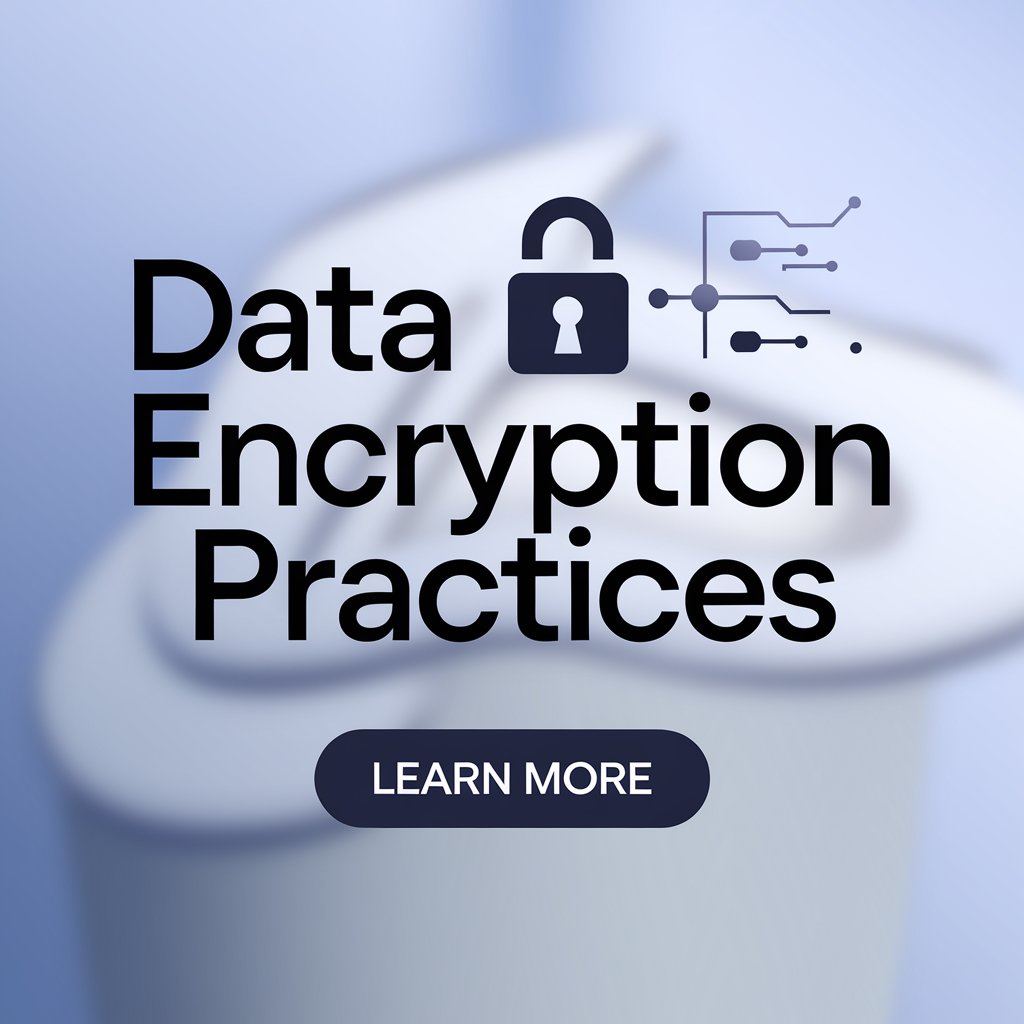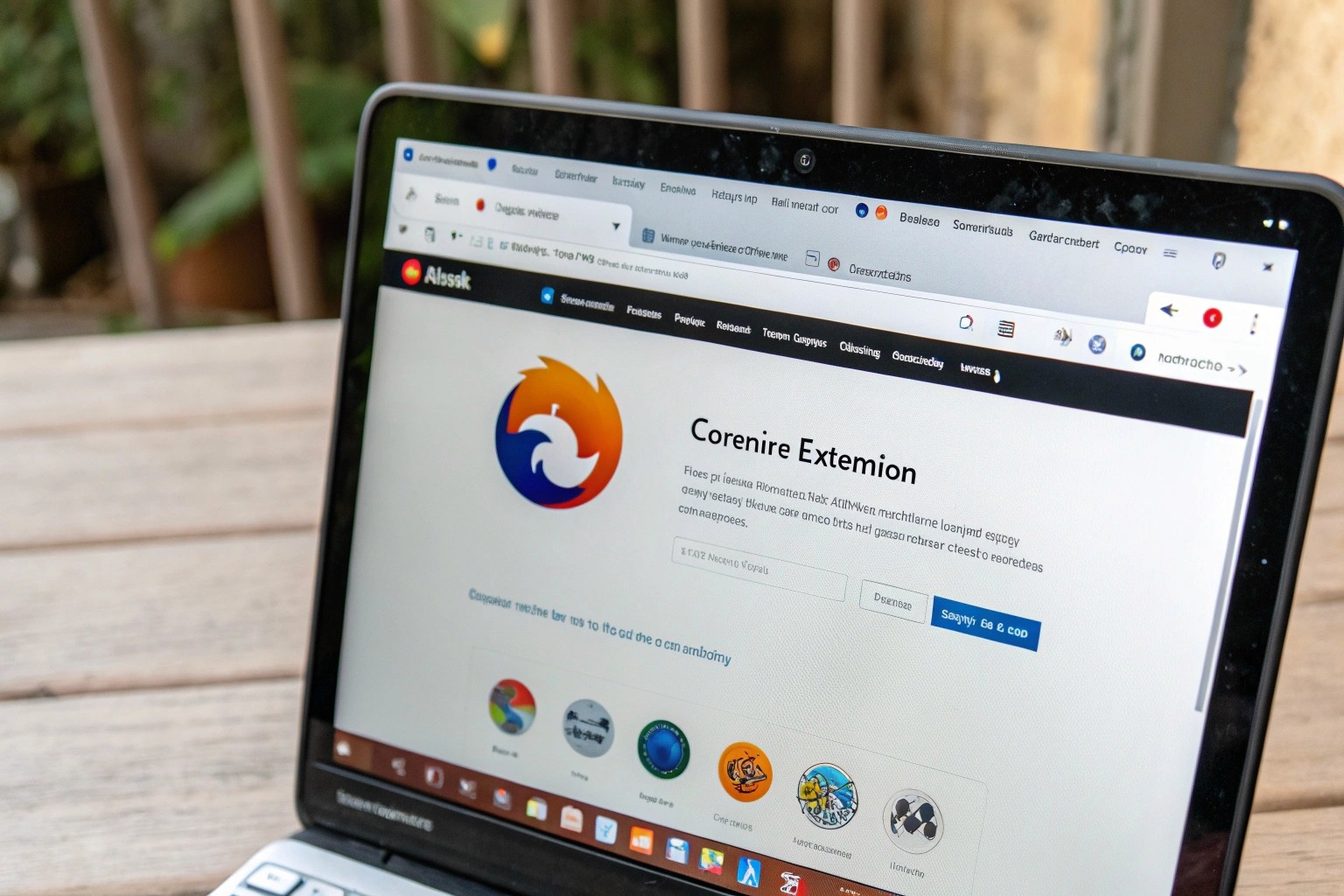ENG
10 Min Read
1. Automated Vulnerability Scanning Tools
Vulnerability scanners automatically identify weaknesses in your network, systems, and applications. These tools run continuous scans to detect vulnerabilities like outdated software, missing patches, and misconfigurations, helping businesses stay ahead of cybercriminals.
Popular Tools:
Qualys: A cloud-based vulnerability scanning tool that detects vulnerabilities in networks, applications, and systems.
Nessus: A widely used tool that helps identify critical vulnerabilities, misconfigurations, and compliance issues.
OpenVAS: An open-source vulnerability scanner that helps businesses identify security flaws and remediate them.
Why It’s Important: Regular vulnerability scanning is key to maintaining a secure environment, as it helps prevent attackers from exploiting known weaknesses.
2. Endpoint Detection and Response (EDR) Tools
EDR tools offer automated protection for devices like laptops, desktops, and mobile devices. These tools continuously monitor and respond to suspicious activities on endpoints, helping small businesses detect and mitigate threats like malware, ransomware, and phishing attacks.
Popular Tools:
CrowdStrike Falcon: An advanced EDR tool that provides real-time endpoint protection and threat intelligence.
SentinelOne: A next-gen EDR solution that automatically detects and neutralizes threats using AI-driven techniques.
Sophos Intercept X: Uses machine learning to detect advanced threats and prevent malware from executing.
Why It’s Important: Small businesses often lack the resources for 24/7 monitoring, but EDR tools provide automated detection and response to keep endpoints secure.
3. Managed Detection and Response (MDR) Services
For small businesses that don’t have dedicated security teams, MDR services offer outsourced cybersecurity monitoring and response. These services combine automated tools with expert oversight to detect, investigate, and respond to security incidents in real time.
Popular Providers:
Red Canary: Provides continuous monitoring and automated detection for threats, with response and remediation services.
BlackPoint Cyber: Offers 24/7 threat monitoring and response tailored to small business needs.
Cynet: Delivers automated security analysis with managed response capabilities, including threat hunting and incident resolution.
Why It’s Important: MDR services allow small businesses to benefit from enterprise-level security monitoring without the need for an in-house team.
4. Cloud Security Tools
Cloud security is increasingly important as small businesses move their operations to cloud-based environments. Automated cloud security tools help safeguard data, applications, and workloads hosted in the cloud by providing continuous monitoring and protection.
Popular Tools:
Cloudflare: Offers automated protection for websites, including DDoS protection and web application firewall (WAF) capabilities.
McAfee Cloud Security: Provides automated threat detection and data protection for businesses using cloud services.
Trend Micro Cloud One: An all-in-one cloud security platform that offers automated threat detection and response for cloud workloads.
Why It’s Important: As businesses rely more on cloud services, automated cloud security tools are essential for mitigating the risks associated with cloud data storage and applications.
5. Security Information and Event Management (SIEM) Tools
SIEM tools automate the process of collecting, analyzing, and responding to security events across your IT infrastructure. By aggregating logs and data from various sources, SIEM platforms can identify potential threats and generate alerts for further investigation.
Popular Tools:
SolarWinds Security Event Manager: An automated SIEM tool that helps businesses monitor, detect, and respond to security threats in real time.
LogRhythm: Provides automated threat detection, incident response, and compliance management for small businesses.
AlienVault USM: An integrated SIEM solution that combines automated threat detection with response capabilities.
Why It’s Important: SIEM tools enable small businesses to gain insights into their security posture, automate monitoring, and proactively manage incidents.
6. Email Security Tools
Email remains a major attack vector for cybercriminals, with phishing attacks and malicious attachments being common threats. Automated email security tools help filter out phishing emails, block malicious attachments, and prevent data breaches from email-related incidents.
Popular Tools:
Barracuda Email Security Gateway: An email security solution that automatically blocks phishing, malware, and spam emails.
Mimecast: Provides cloud-based email security with automated threat intelligence and advanced email filtering.
Proofpoint Essentials: Offers automated email protection against spam, phishing, and impersonation attacks.
Why It’s Important: Small businesses can easily fall victim to email-based cyberattacks, but automated email security tools offer robust protection by filtering out malicious messages.
7. Web Application Firewalls (WAF)
A WAF is an automated security tool that protects web applications from a variety of threats, such as SQL injection, cross-site scripting (XSS), and other common attacks. WAFs monitor web traffic in real time and automatically block malicious requests.
Popular Tools:
Sucuri: A website security platform that includes automated WAF features for protecting web applications from attacks.
Cloudflare WAF: A cloud-based WAF that offers real-time protection against various web-based attacks, including DDoS and application vulnerabilities.
AWS WAF: Amazon Web Services’ WAF that provides automated protection for cloud-based web applications hosted on AWS.
Why It’s Important: WAFs prevent attackers from exploiting vulnerabilities in web applications, which is crucial for small businesses that rely on online presence.
8. Automated Backup Solutions
Automated backup tools ensure that your critical business data is regularly backed up without manual intervention. These tools typically back up data to cloud storage or off-site locations, ensuring business continuity in the event of a cyberattack, such as ransomware.
Popular Tools:
Acronis Cyber Backup: Provides automated data backup with ransomware protection for small businesses.
Backblaze: Offers automated cloud backup solutions for small businesses with a focus on simplicity and affordability.
Datto: A leading provider of automated backup and disaster recovery solutions tailored for small businesses.
Why It’s Important: Regular automated backups ensure that data can be quickly restored after a cyberattack or system failure, minimizing downtime and data loss.
9. Firewall Protection Tools
A firewall is a basic yet essential security tool that filters incoming and outgoing network traffic based on predefined security rules. Automated firewall tools can block malicious traffic, prevent unauthorized access, and reduce the risk of cyberattacks.
Popular Tools:
ZoneAlarm: An easy-to-use firewall tool that offers automated protection against unauthorized access and malware.
pfSense: An open-source firewall that offers advanced features and automated security capabilities for small businesses.
Ubiquiti UniFi Security Gateway: Provides firewall and routing solutions with automated security features for businesses.
Why It’s Important: Firewalls act as the first line of defense, protecting your network from unauthorized access and malicious attacks. audit3aa
Join our newsletter list
Sign up to get the most recent blog articles in your email every week.


You can copy our materials only after making sure that your services are safe.
This site is protected by reCAPTCHA and the Google Privacy Policy and Terms of Service apply.










